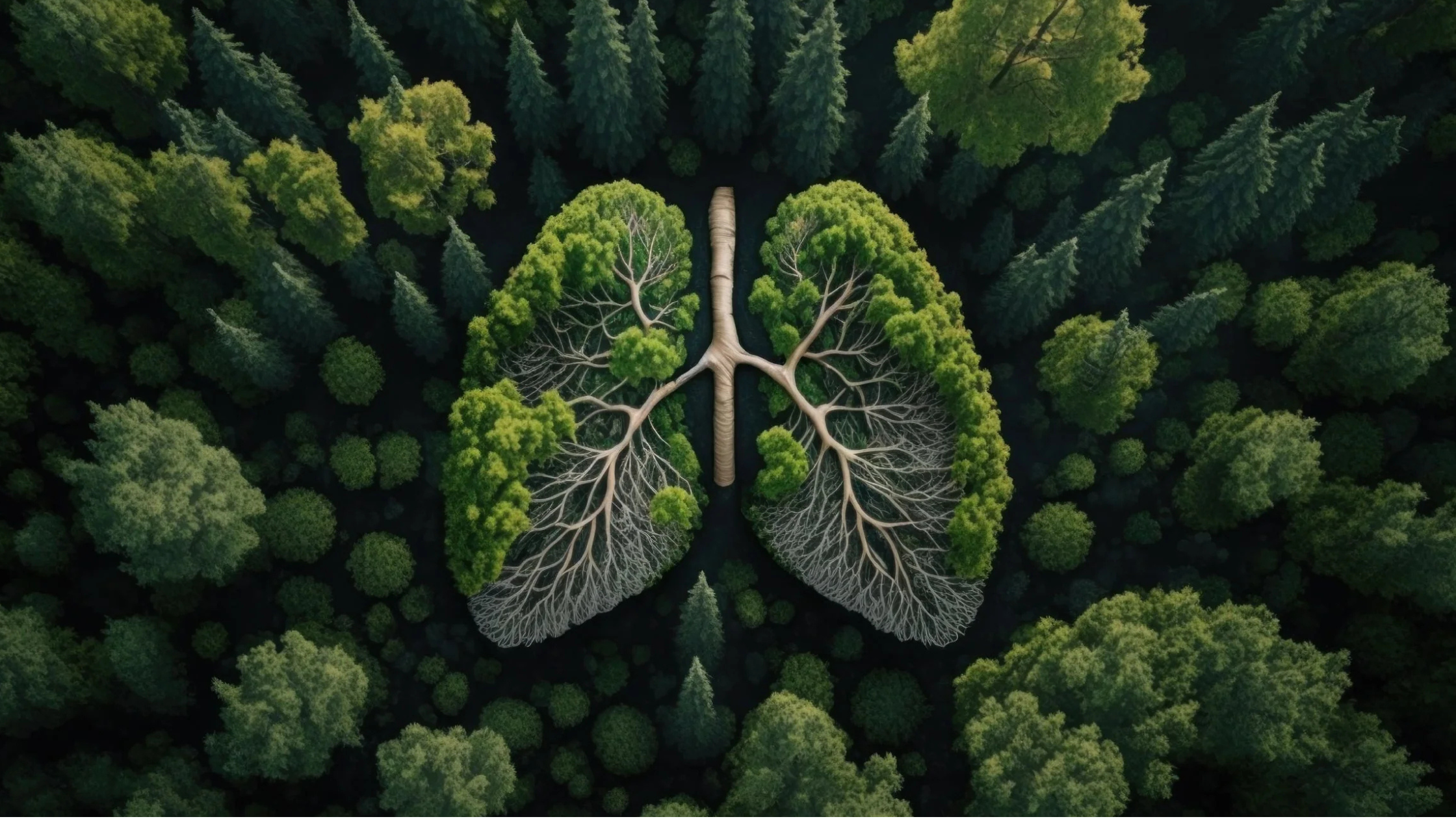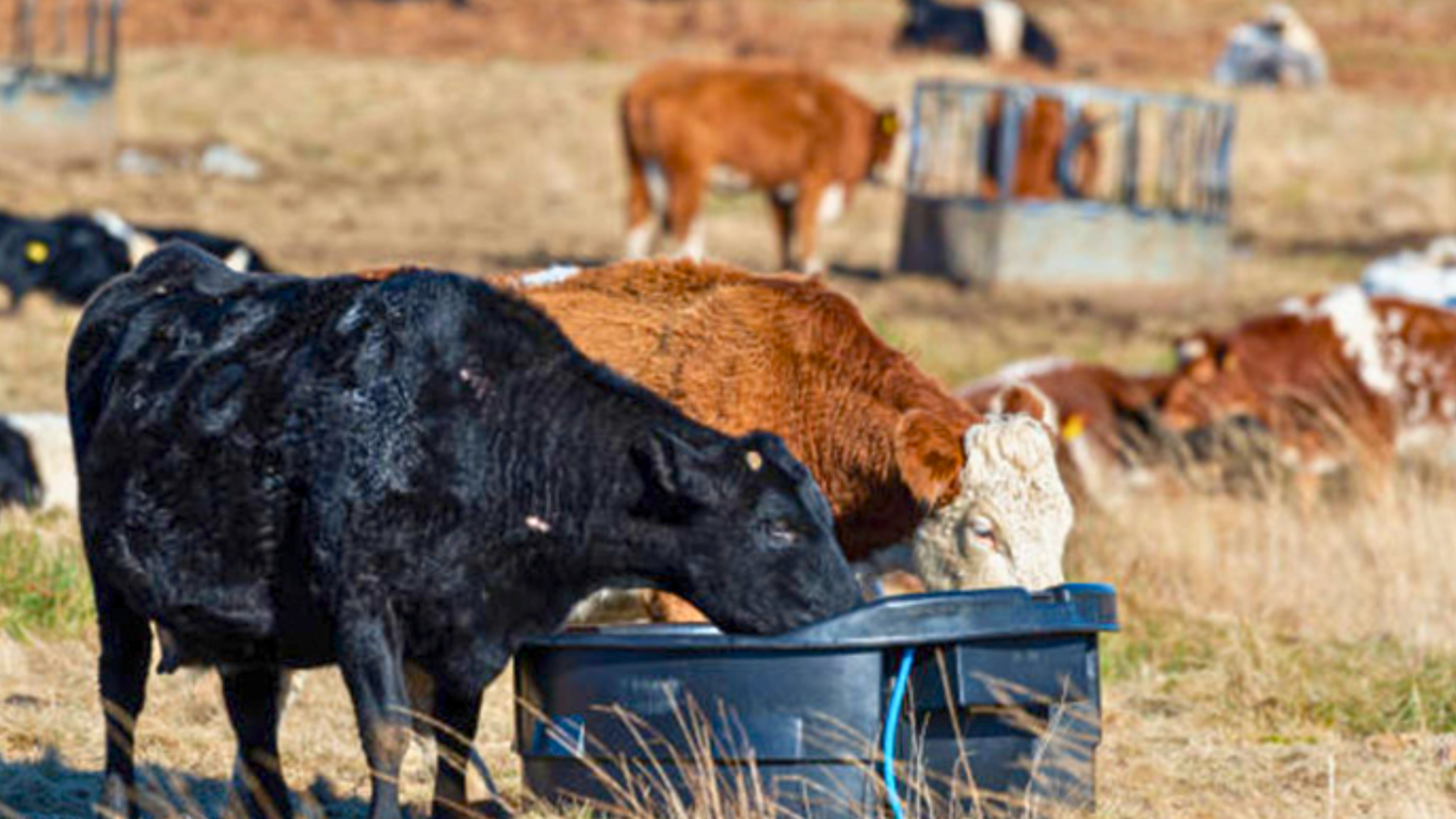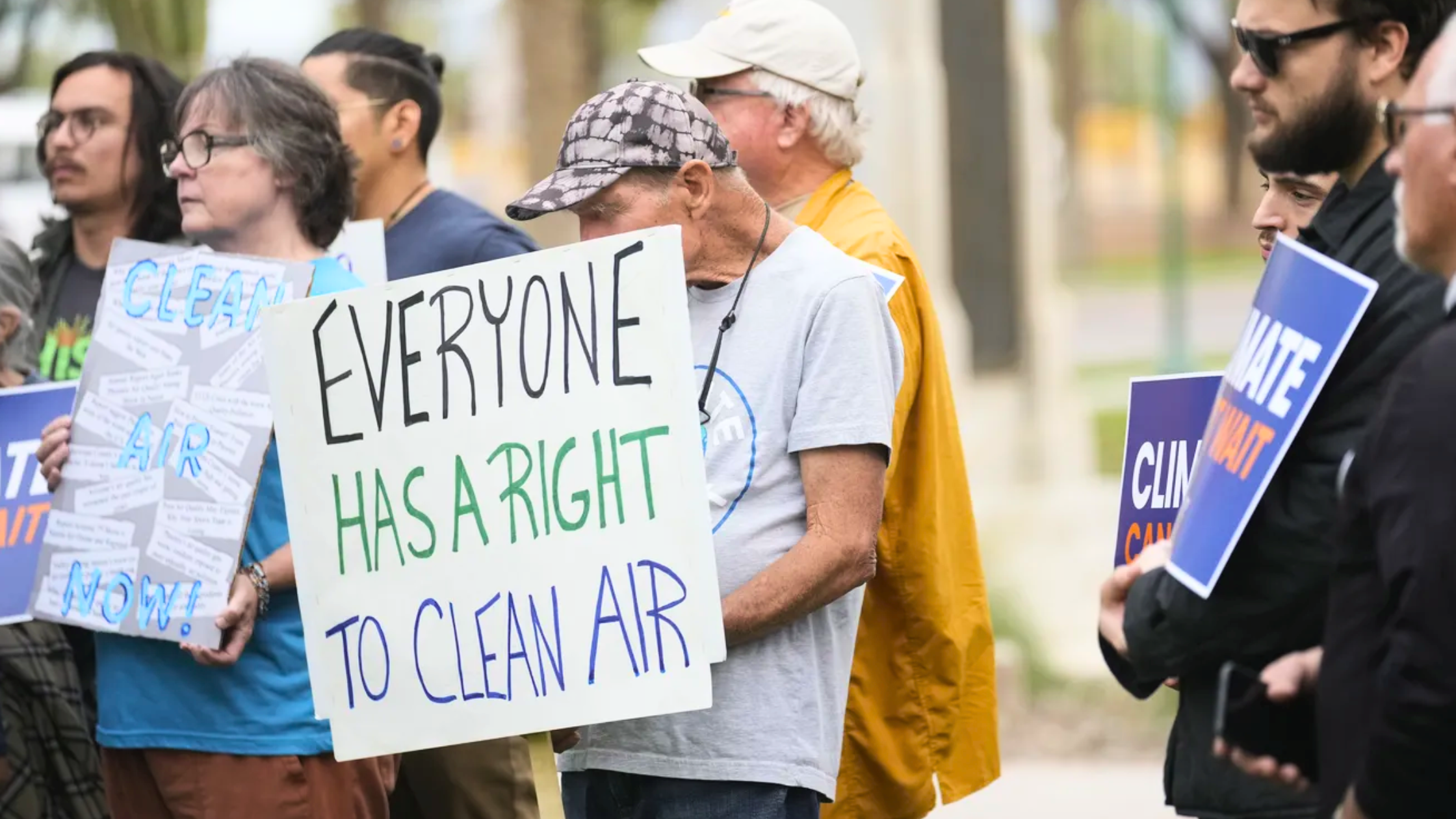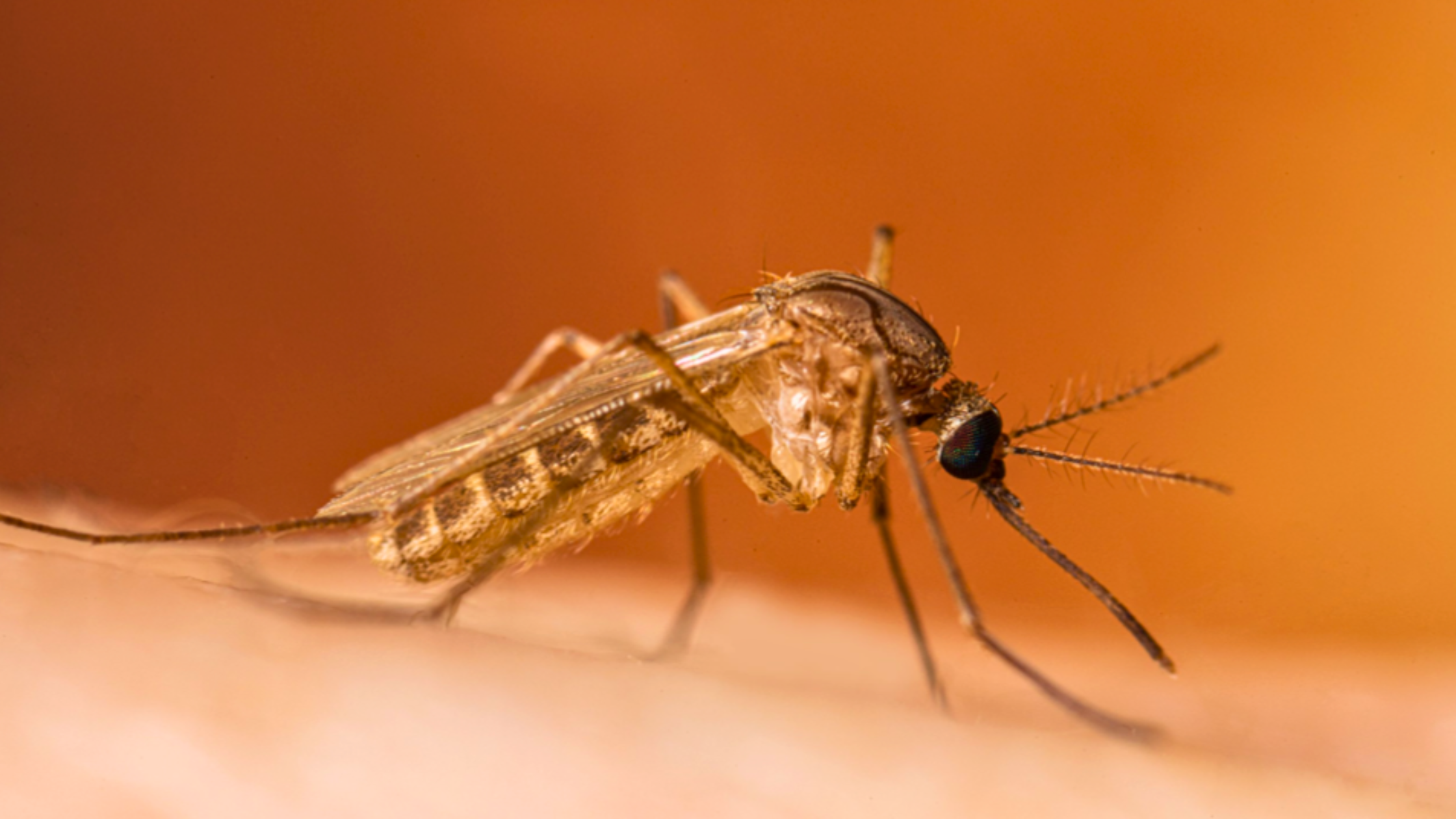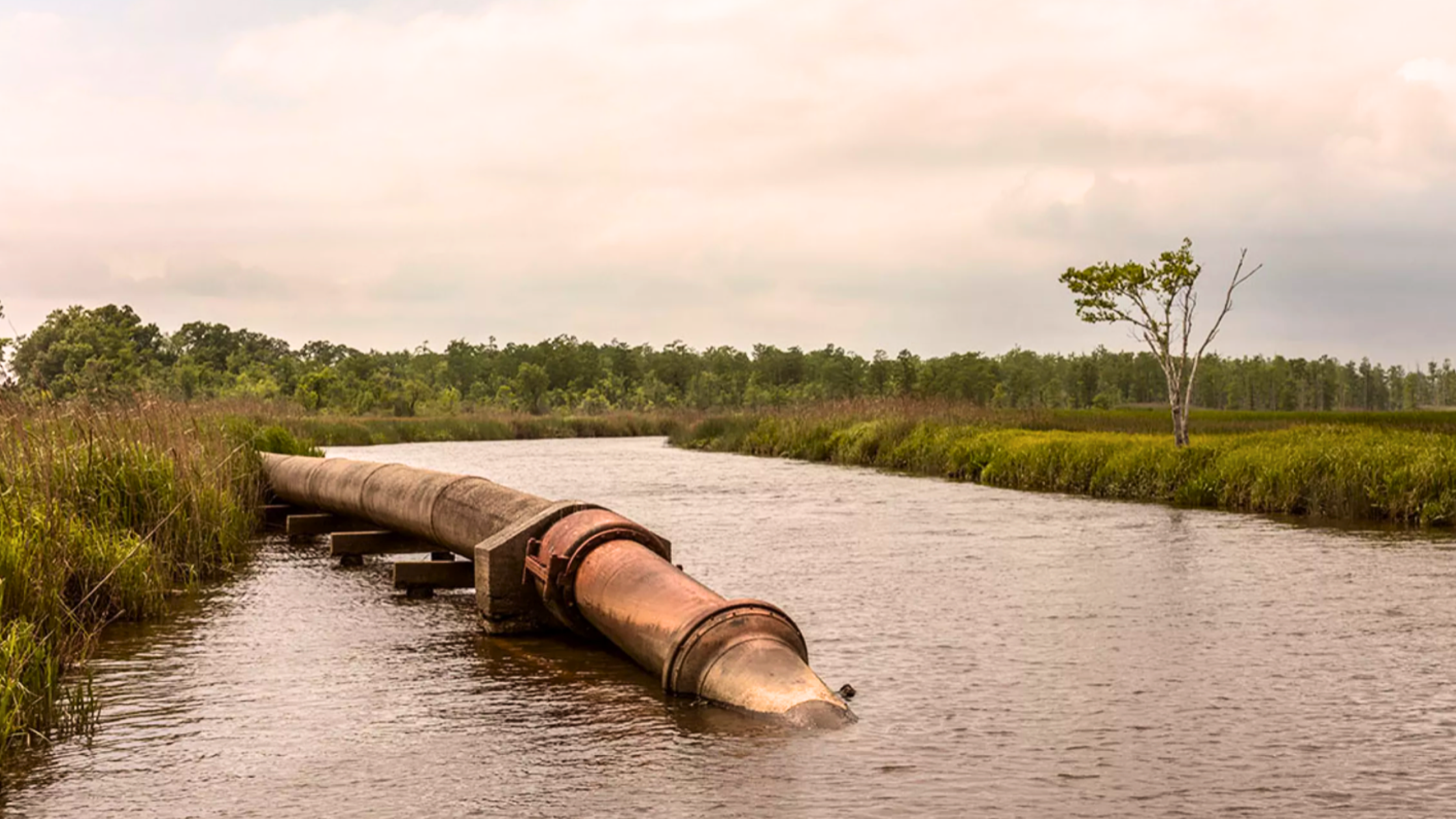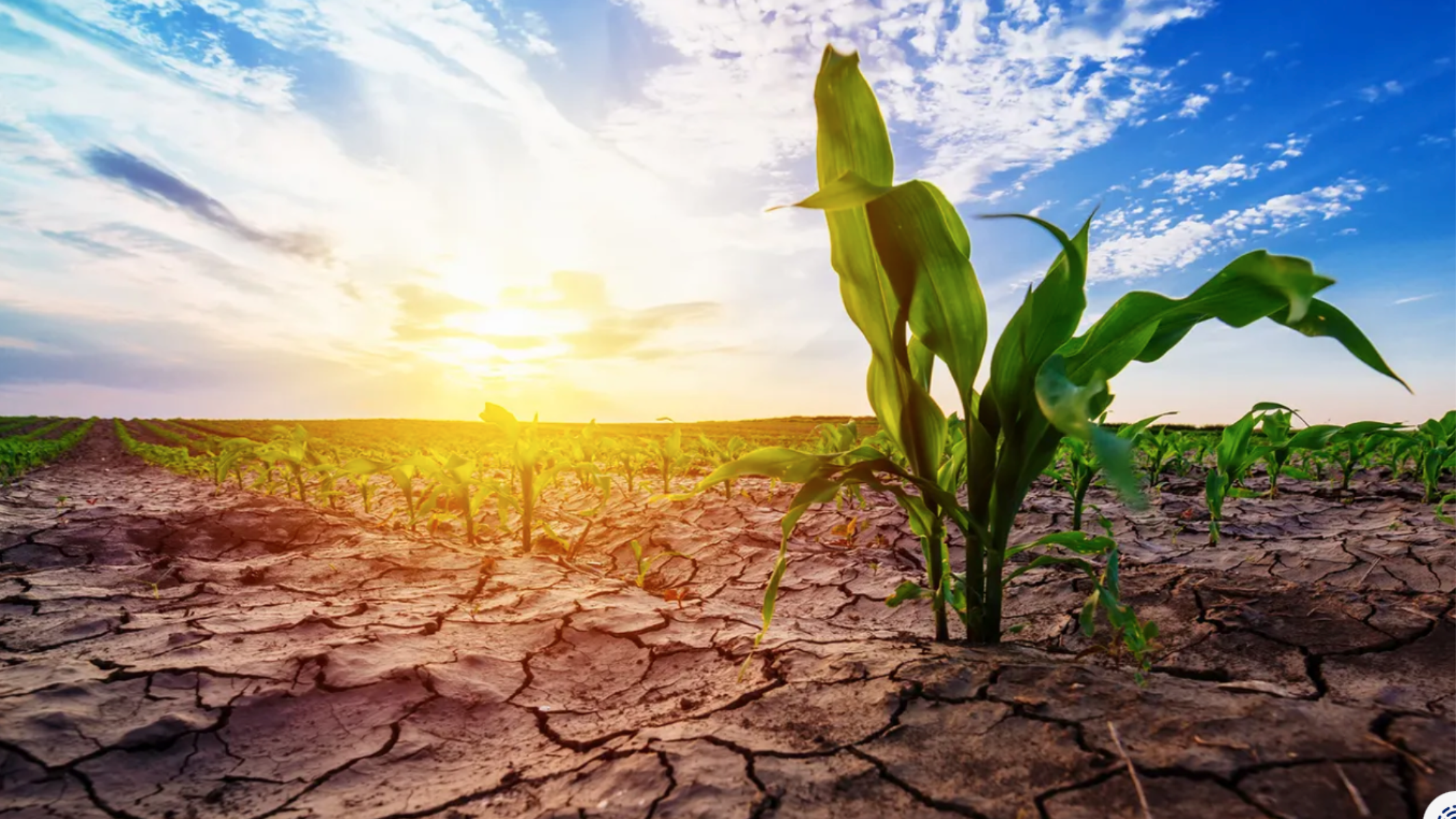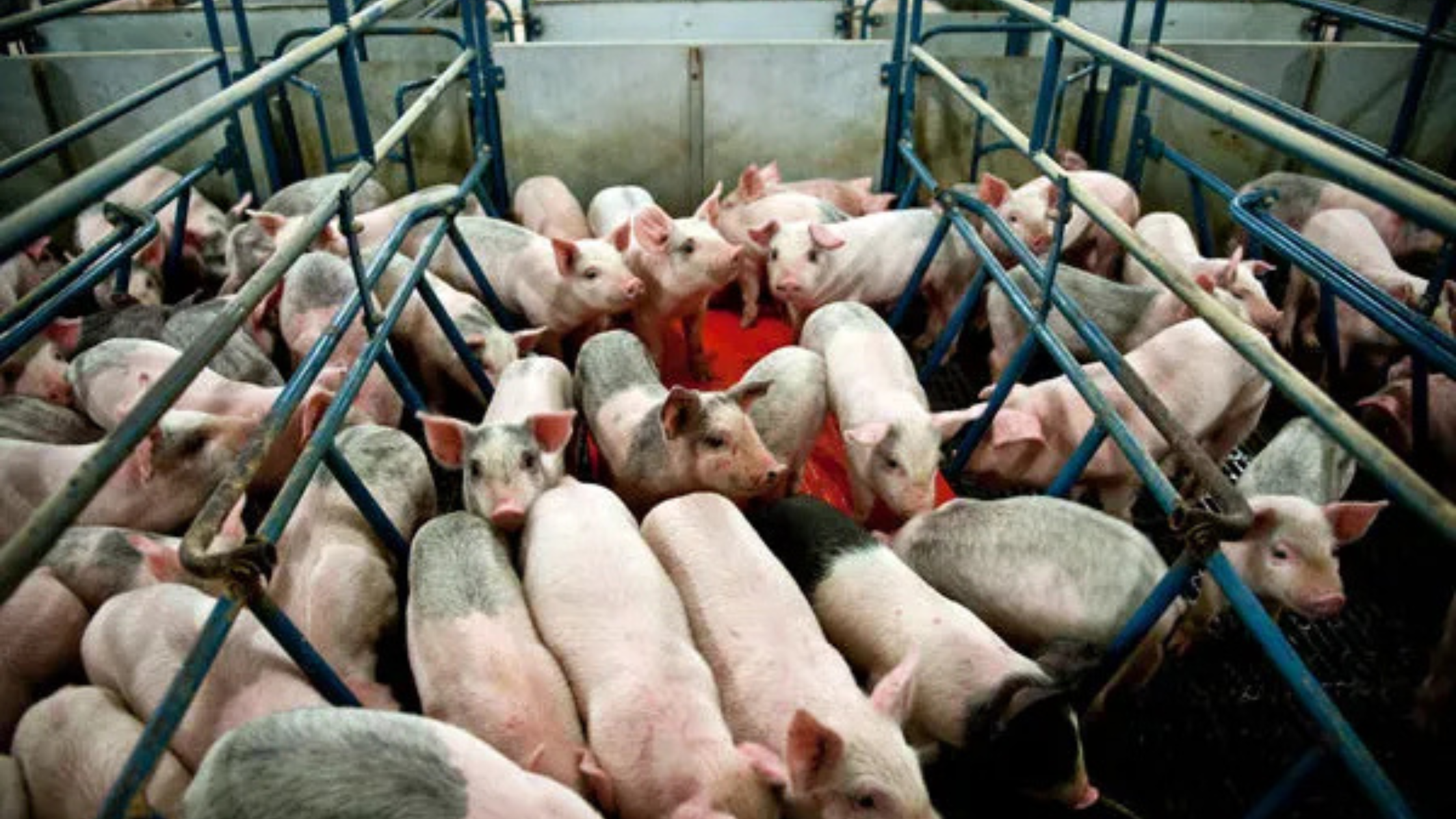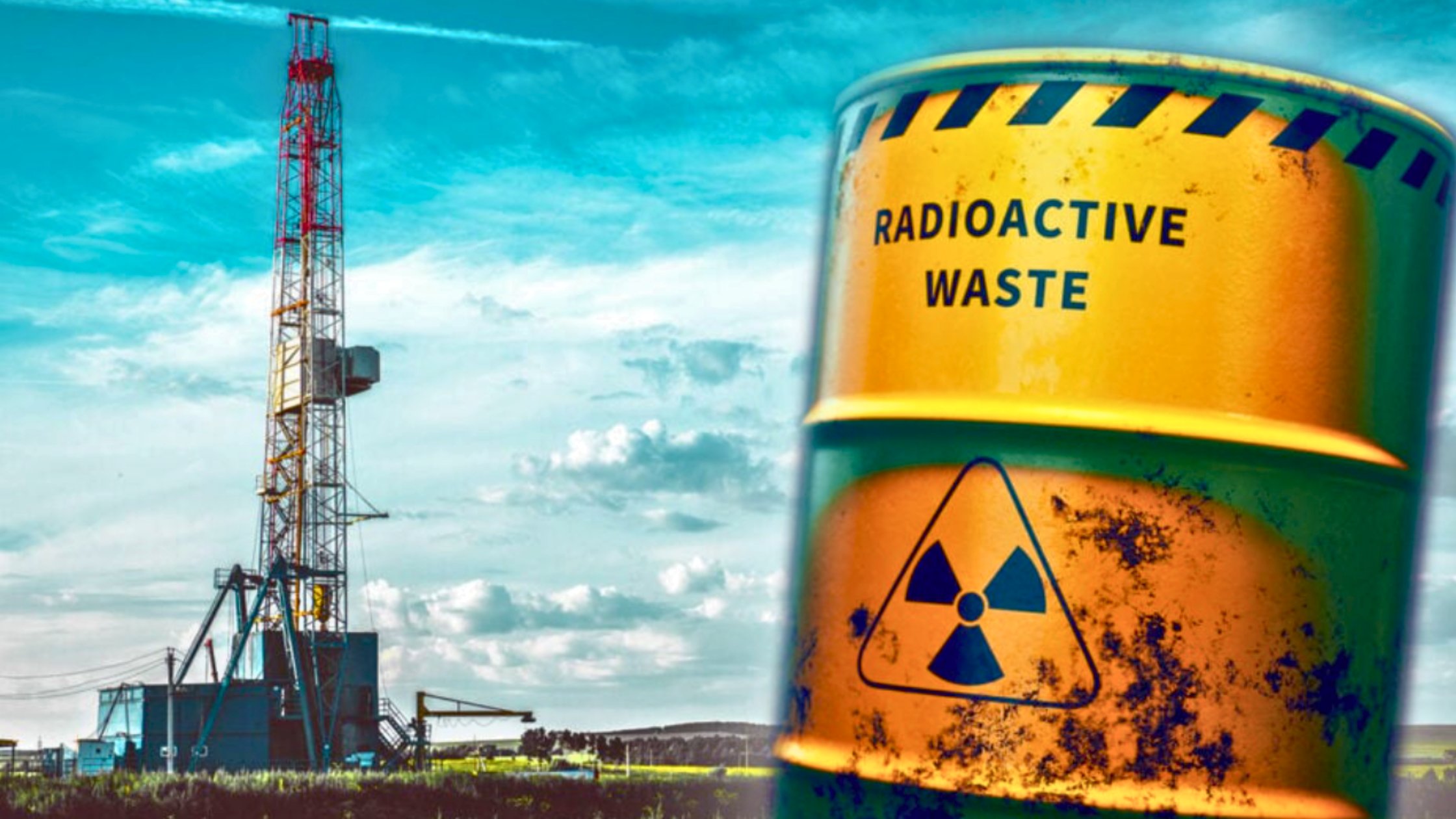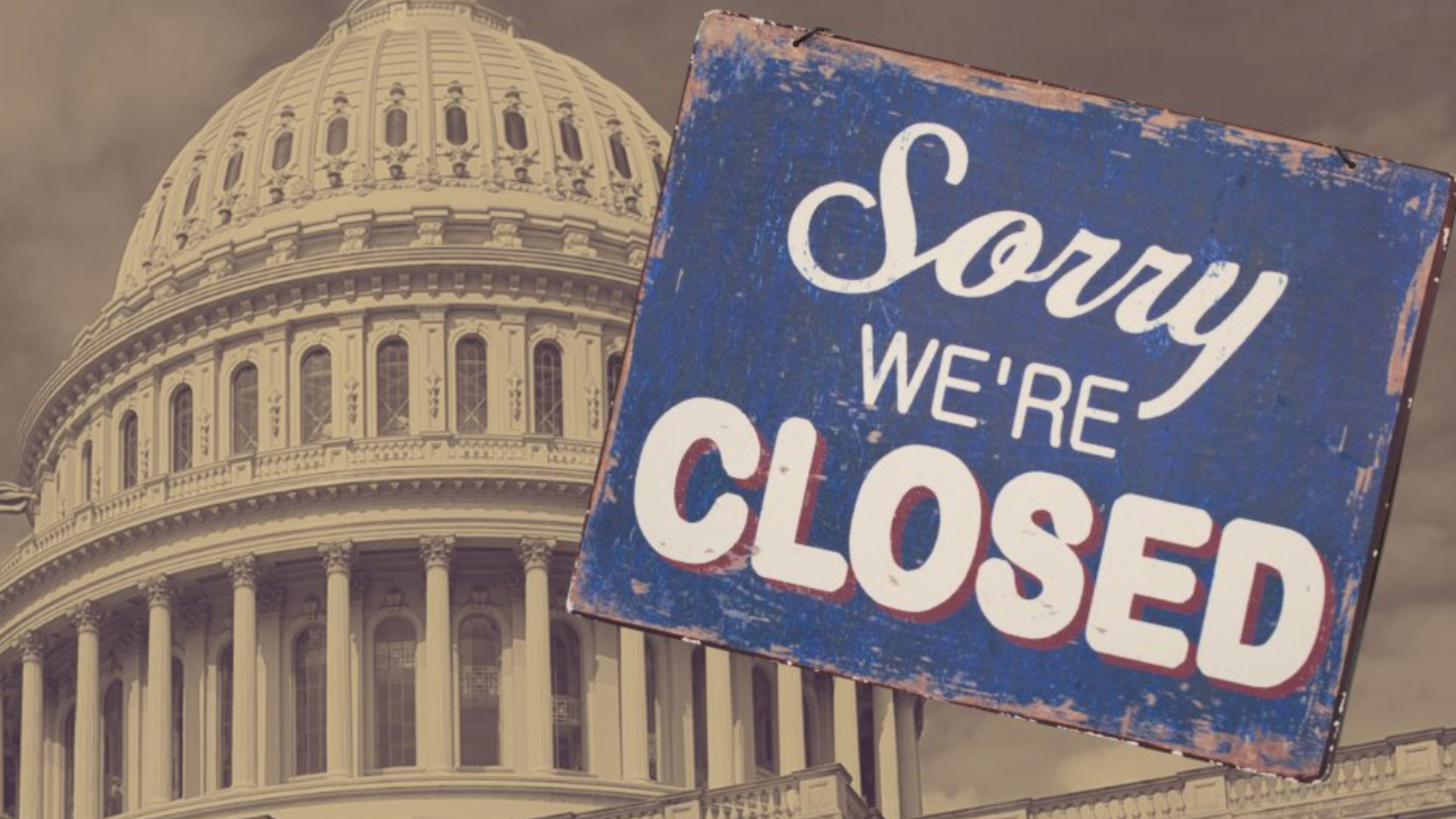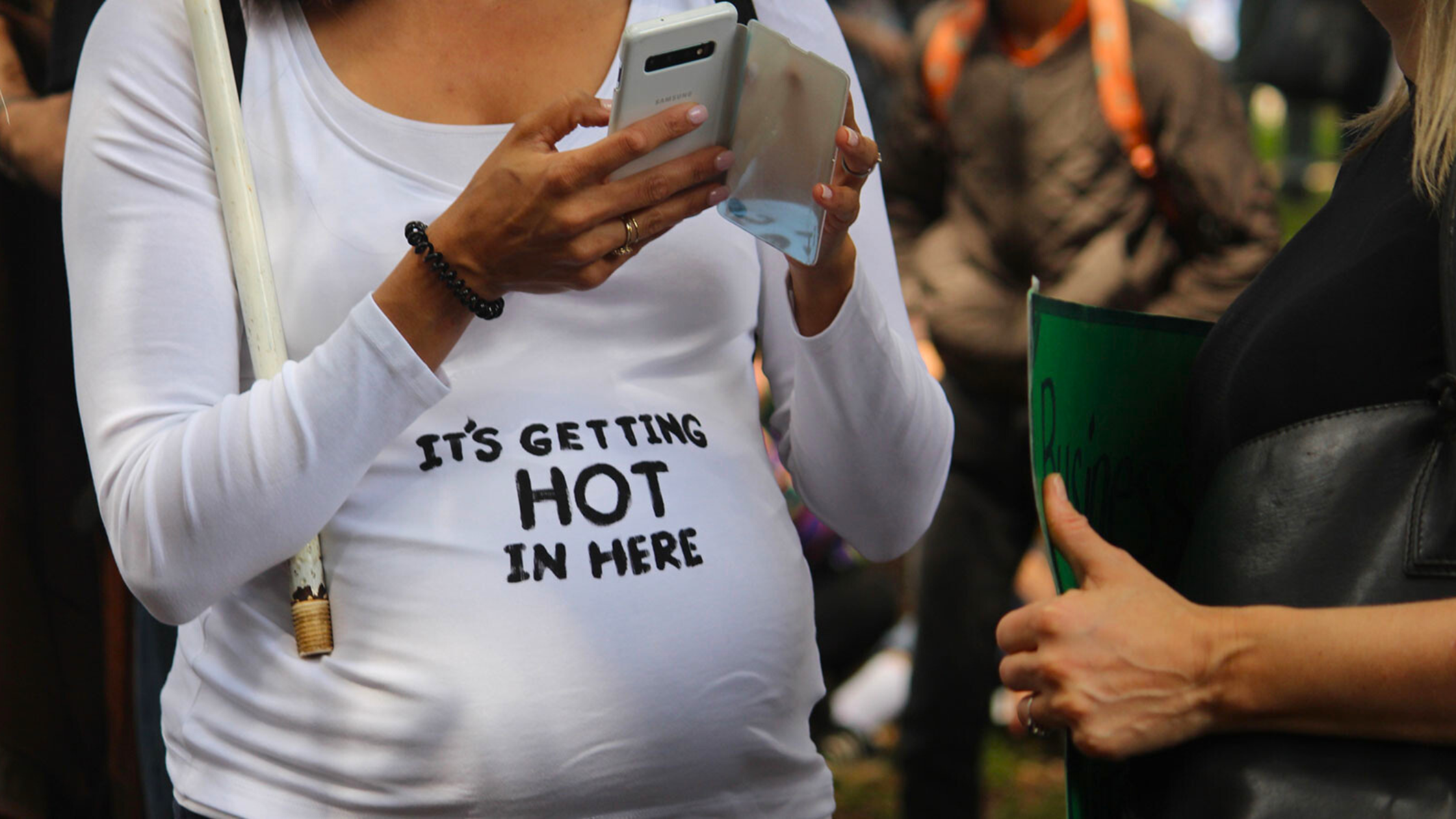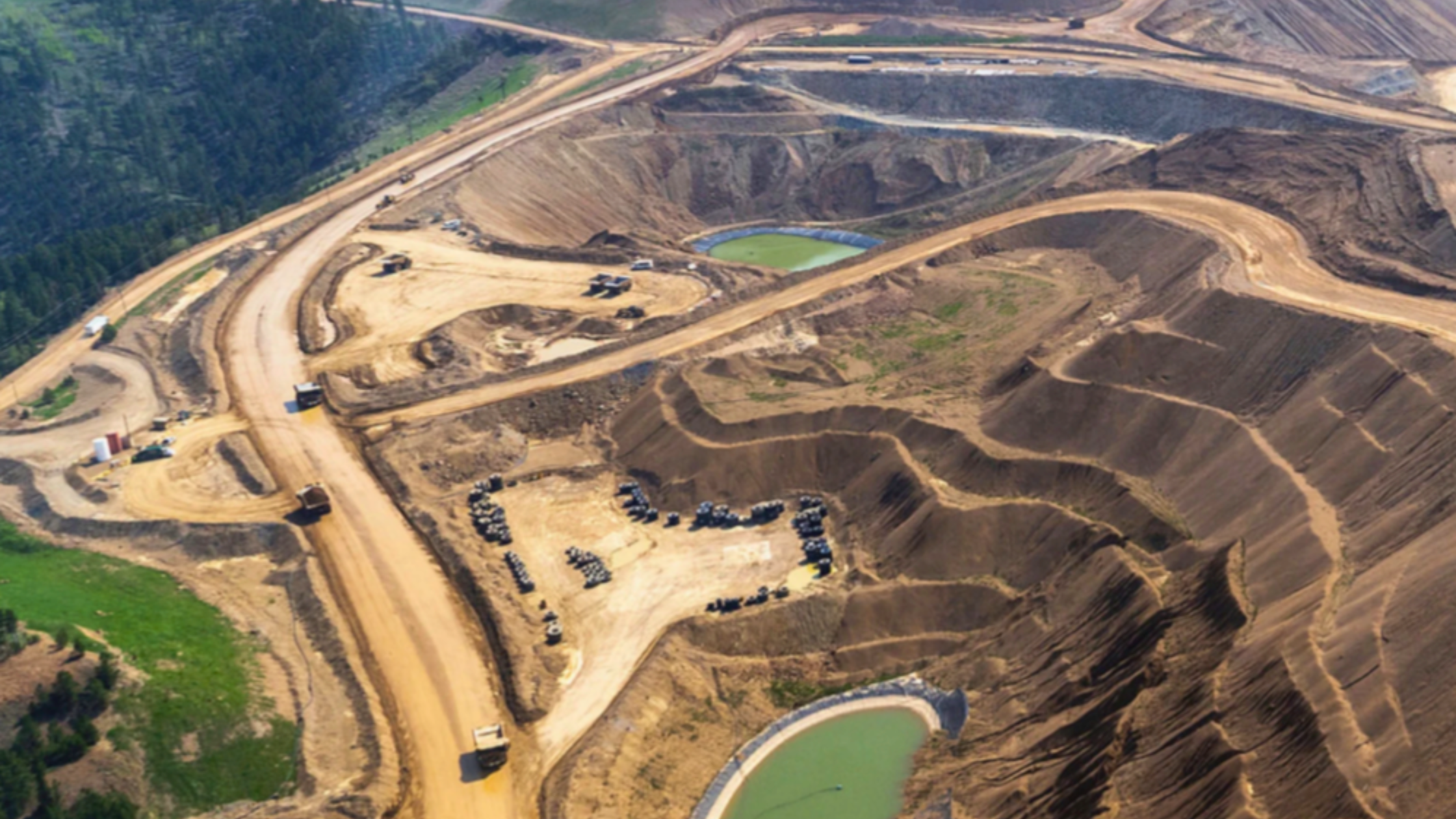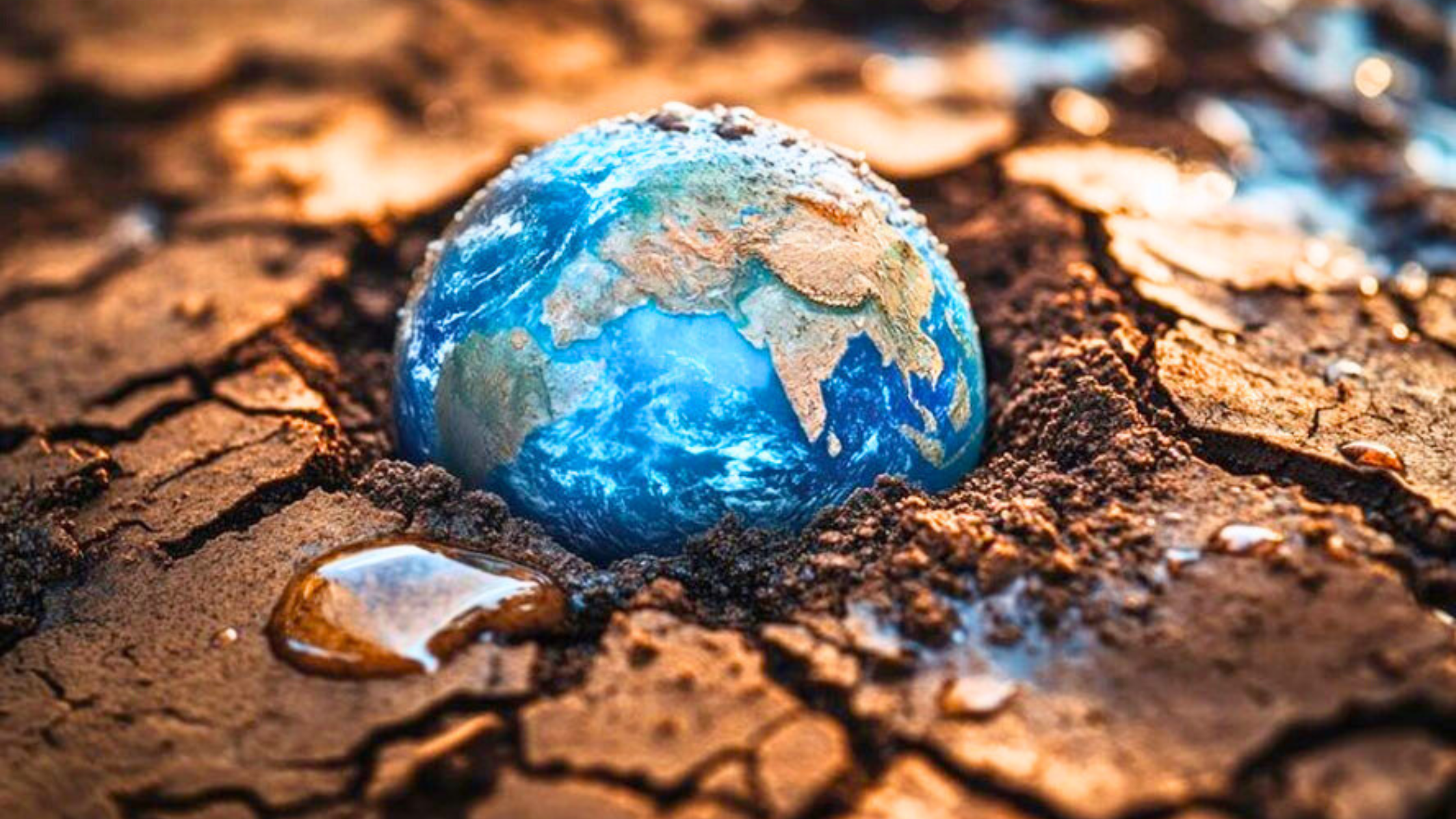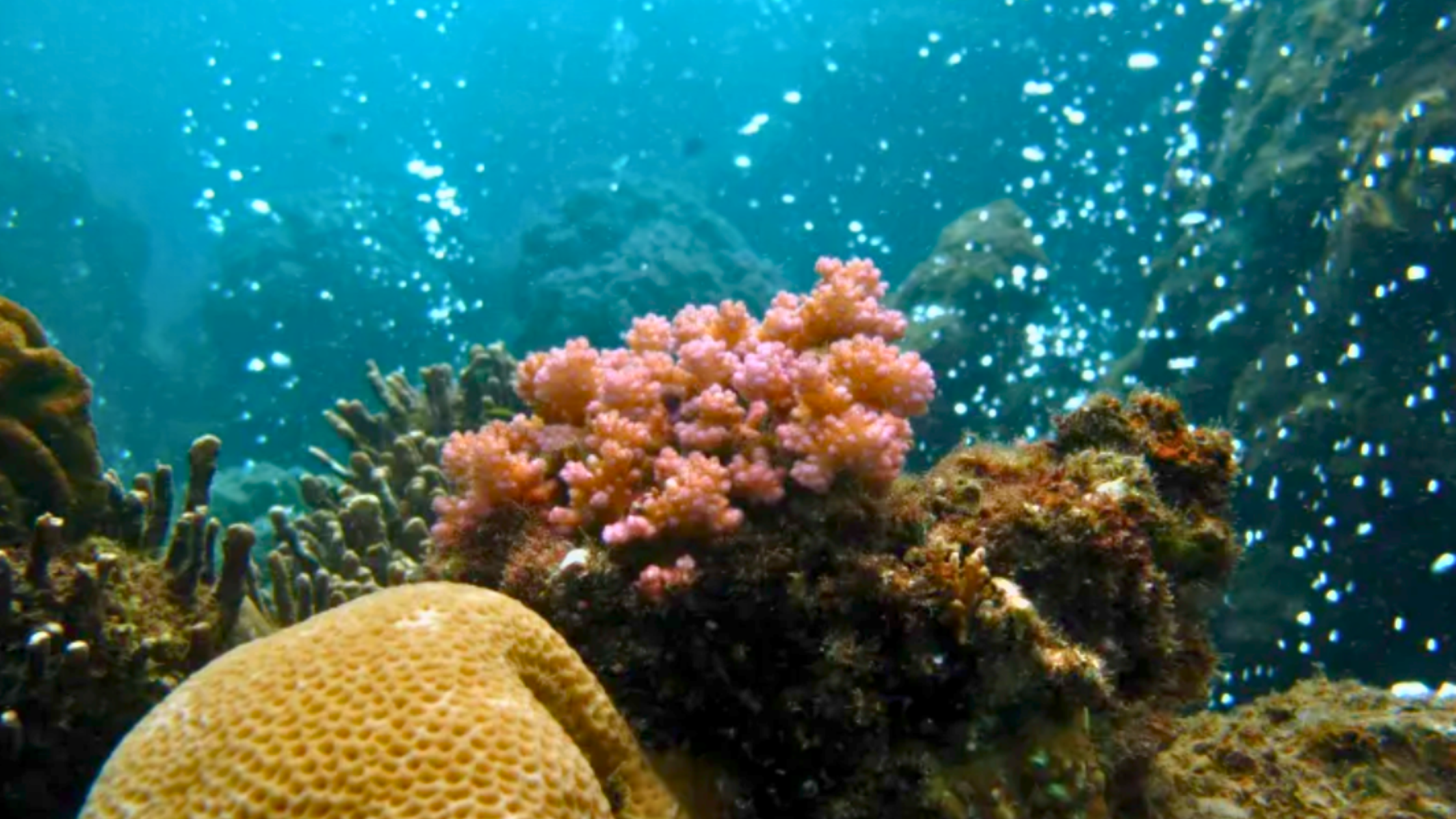
RESEARCH & PUBLICATIONS
POLICY BRIEFS
Change the Chamber publishes policy briefs that outline policies, bills, court cases, etc. in layman’s terms for a general audience, who may not have a political or legal background. They are typically used by legislators and executives, but this format is helpful for people looking for a straightforward summary.
NEWS AND RESEARCH
(January 28, 2026) The air is changing, and our lungs are paying the price. Even non-smokers are developing lung cancer! As heat, wildfire smoke, and longer allergy seasons worsen pollution, clean air policy becomes a matter of survival, especially for the communities hit first and worst.
(January 16, 2026) The global cattle industry is draining massive amounts of water, especially in drought-prone regions. Rising demand for beef and dairy is worsening water scarcity, threatening both people and ecosystems.
(January 14, 2026) The EPA’s latest move puts corporate profits ahead of public health, ignoring the real dangers of air pollution. Children, seniors, and frontline communities are left to bear the brunt while the agency counts dollars, not lives. This is a crisis we cannot—and will not—accept.
(January 13, 2026) Climate change is no longer a distant environmental threat—it is directly affecting human health. By expanding the range of disease-carrying vectors and increasing zoonotic transmission, a warming planet is driving the rise of infectious diseases worldwide.
(December 17, 2025) North Carolina has lived with forever chemicals for decades, and now the government is asking communities to wait even longer. The harm is slow, invisible, and deadly, and the state is being forced to endure it.
(December 14, 2025) La Niña is returning stronger this winter, bringing record cold, heavier storms, and worsening droughts across the U.S. Frontline communities are hit hardest, highlighting the urgent need for preparation as climate change intensifies these extremes.
(December 10, 2025) COP30 sparked hope with new forest and Indigenous protections and climate funding, but the fossil fuel deadlock shows we’re still far from the action the planet urgently needs.
(December 8, 2025) The EPA’s delay of vital methane rules gives polluters a pass while communities face escalating heat, dirtier air, and mounting health risks. Choosing industry shortcuts over public safety threatens our climate, our economy, and the future young people are fighting to protect.
(December 5, 2025) Soil erosion, weathering, and degradation each impact the land differently, but erosion is stripping away fertile topsoil at alarming rates, threatening food systems, water quality, and ecosystems.
(December 4, 2025) Farmers everywhere are watching once-reliable harvests wither under extreme heat and drought. The science is clear: warming is eating our food supply faster than we can adapt.
(November 28, 2025) USAID cuts are worsening the crisis in Cox’s Bazar, Bangladesh leaving Rohingya families struggling to survive. The future for millions hangs in the balance.
(November 21, 2025) Foreign overfishing and fishmeal factories are stripping The Gambia’s waters, driving up food prices, and polluting coastal communities. Weak regulation and corruption have turned a basic food source into a tool of exploitation.
(November 16, 2025) Asbestos and lead are dangerous, long-lasting pollutants that threaten our health and environment, even as political battles continue to put their protections at risk. Recent gains, like the asbestos ban and stronger lead standards, now face renewed uncertainty, making it urgent to defend these lifesaving safeguards.
(November 13, 2025) Change the Chamber calls on Congress: will you choose people over corporate polluters? Americans need clean air, affordable energy, and safe communities, not empty deals. (Full statement below.)
(November 11, 2025) War and poverty are tearing through the DRC’s national parks, driving poaching, corruption, and the loss of endangered species. Amid the devastation, a few protected areas like Garamba offer rare hope for recovery.
(October 29, 2025) Billions of gallons of hog waste are poisoning Eastern North Carolina, and the communities hit hardest are Black and brown families living nearby.
(October 21, 2025) Oil and gas drilling brings radioactive waste to the surface, contaminating air, water, and soil, and posing invisible but lasting threats to human health. As corporations bury this toxic legacy under weak regulations, frontline communities and workers are exposing how our energy system trades public safety for profit.
(October 16, 2025) At NY Climate Week, Change the Chamber united experts and organizers to tackle how extreme heat endangers workers, and the bold solutions needed to keep them safe.
(October 5, 2025) Mass die-offs of sea life are sweeping coastlines as warming seas and pollution trigger toxic blooms and heatwaves. Scientists warn these cascading losses are a glimpse of what’s to come without urgent climate action.
(October 3, 2025) Change the Chamber calls out the government shutdown that’s putting public health, climate protections, and essential services at risk. Furloughing workers and stalling disaster response isn’t leadership, it’s sabotage of the people and planet Congress is meant to protect.
(October 2, 2025) Extreme heat is putting pregnancies at risk, increasing the chances of stillbirth, preterm birth, and lasting health complications. At the same time, rising temperatures are making decisions about whether and when to have children even more uncertain.
(September 30, 2025) Gold mining is once again threatening the sacred Black Hills, putting water, ecosystems, and Lakota culture at risk. Despite treaties and court rulings, corporations still push to carve open this ancestral land for profit.
(September 27, 2025) AI is transforming ESG with smarter data, risk insights, and green finance checks, but without transparency and ethical guardrails, it could deepen bias and emissions.
(September 26, 2025) Tropical Storm Chantal drove the Haw River up 30 feet overnight, flooding homes, churches, and highways across Alamance County. It’s a stark reminder that “small” storms are growing more destructive in a warming world.
(September 26, 2025) Earth Overshoot Day marks when humanity’s resource use outpaces what our planet can regenerate—pushing ecosystems and human health past their limits. These crises show that protecting the Earth is inseparable from protecting ourselves, and that climate action is a public health imperative.
(September 25, 2025) The DOE’s 2025 report denied ocean acidification, but the science is undeniable. Rising CO₂ is making oceans more acidic, threatening coral reefs, marine life, and the millions who depend on them.
(September 22, 2025) Gold mining in Senegal fuels jobs but spreads mercury poisoning, deforestation, and river pollution—endangering communities, food supplies, and ecosystems. A new Faleme River ban offers hope for a safer future.
(September 11, 2025) Jordan Lake and the Haw River, vital water sources for over a million North Carolinians, are polluted with toxic PFAS chemicals from decades of industrial waste. Despite ongoing cleanup efforts, contamination remains high, endangering both public health and local ecosystems.
(September 9, 2025) At a vibrant climate event at Conner Prairie, Change the Chamber’s Nouran El Bolkiny and Evey Mengelkoch sparked powerful conversations on nature, sustainability, and equity. They highlighted bold, youth-led initiatives and the impact of community-driven climate action.
(September 4, 2025) The Trump administration erased climate data and limited access to environmental information, hiding the true risks of climate change. They also censored climate discussions and shut down key research sites, effectively hiding the truth about our planet’s future.
CHAMBER REPORTS
-

2023 Report
Our latest report, spanning from September 1998 to March 2023, exposes how the U.S. Chamber of Commerce has consistently prioritized its own gains at the expense of fair treatment for minority populations, the preservation of our environment, and timely climate change mitigation.
-

2021 Report
Our report lays out a timeline of actions executed by the U.S. Chamber and its subsidiaries to oppose policy measures that would help mitigate the rapidly escalating crises of climate change and biodiversity collapse.
-

2020 Report
We analyzed the Chamber’s activity from 2019 to 2020 and found that the U.S. Chamber has been a relentless and effective advocate for the interests of the fossil fuel industry.
